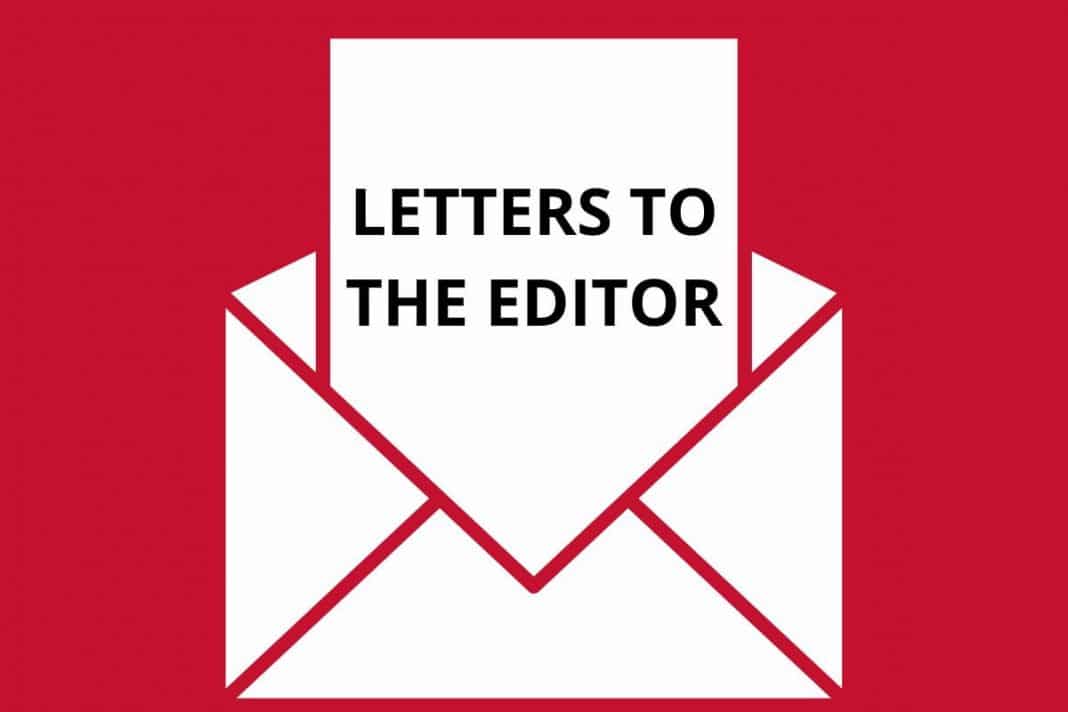Is there a plan B?
As all the polls are currently indicating a sound defeat for the Voice at the 14 October referendum, has the Albanese government got a plan B to fall back on? I don’t believe it has, and as it now appears as though the Voice is facing a more than probable defeat, the PM should show some spine and “do the right thing” by the Indigenous community by amending the Uluru Statement to enable it to be legislated instead. This is what should have been done in the first place, and by doing so, saving the taxpayers millions and ensuring the Voice would have had a fair go to prove itself or otherwise.
– Mario Stivala, Belconnen
A fair reflection
After reading Ian Pilsner’s letter in last week’s edition, I rounded up the 10 copies of the Canberra Times not yet recycled from my place. Earliest date 24September. The score on the letters pages: 29 Yes, 19 No. Front Page No 1, Yes zero. For the main newspaper of a place which has five fairly progressive members of Federal Parliament, that would seem likely to be a fair reflection of what’s coming in.
Also, may I suggest that anyone who has not yet voted listen to the ABC Health Report podcast first broadcast on 9 October, which provides information about the successes of Aboriginal Community Controlled Health Organisations, and how many people believe that a Voice would assist in defending and facilitating their long-term funding and stability.
- Mary Coombe, Queanbeyan
We’re never biased
Ian Pilsner’s worry (CW 5 October) about being rejected by left-wing media like the Canberra Times (his assessment) reminds me of the decades-old comment from a US TV news producer who explained: “If you see a media story that accords with your view, it is clearly balanced and impartial. If it is in dis-accord with your view, it is obviously biased. Of course, it goes without saying that you, the public, are always impartial and never prejudiced”.
- Eric Hunter, Cook
Renewables are unreliable
Phillip Martin (CW 5 October) accuses Bill Stefaniak of misleading and incorrect facts. Talk about the pot calling the kettle black. Trusted [US] government source NOAA [National Oceanic and Atmospheric Administration] states, “Offshore wind energy projects could increase ocean noise, which would affect the behaviours of fish, whales and other species.”
Also: “Our results show that the extensive expansion of offshore wind farms will have a significant impact on the structuring of marine coastal ecosystems,” concludes Ute Daewel, a PhD scientist.
Mr Martin admits wind turbines kill birds but tries hard to dismiss this fact. Australian ecologist, Ms Emma Bennett “notes that ‘only a limited number of studies’ had been conducted into the impact of wind farms on bird mortality and that estimates indicate that ‘2000 to 8000’ birds are annually killed across all wind farms in Australia”. The Robbins Island wind farm in Tasmania is closed for five months because of the danger to the orange-bellied parrot. At nearby Woolnorth, a rare breed of wedge-tailed eagles is endangered because of the giant bird killers.
Evidence of at least 30 other countries and facts from scientists reveal that nuclear energy provides instant, reliable, clean energy unlike unreliable renewable energy that is intermittent and not necessarily environmentally friendly. A nuclear power plant can last a lifetime, while solar panels and wind turbines are lucky to last 20 years, then have to be buried in landfill. There are currently three small modular reactors (SMRs) in operation, located in Russia, China and India. If SMRs are not to your liking, there is plenty of evidence to show bigger nuclear power plants have been extremely successful in providing many countries with affordable, guaranteed electricity.
Australia has plenty of stable, flat ground that could be conducive to nuclear power plants, not to mention the abundance and closeness to its fuel, uranium.
- Ian Pilsner, Weston
Commercial roo hunting
Shocking information obtained through a FOI request exposed that the government misrepresented its stance on commercial kangaroo hunting within the ACT. The FOI documents revealed that kangaroos and joeys were butchered into over 3,400 meat baits, injected with highly toxic poison, and used to kill foxes and dingoes.
This practice raises serious ethical and transparency issues. Using slaughtered kangaroos in such a manner is inhumane and unacceptable, undermining the respect these iconic animals deserve. Furthermore, concealing these actions from the public erodes trust in the government.
The annual slaughter of kangaroos, carried out using military-grade weapons or clubbing, is viewed as cruel and unnecessary by many. Canberrans have a right to know the full extent of these practices, and the government must prioritise humane wildlife management.
- Whitney Richardson, Palmerston
Want to share your opinion?
Email [email protected] with ‘To the editor’ in the subject field; include your full name, phone number, street address (NFP) and suburb. Keep letters to 250 words maximum. Note, letters may be shortened if space restrictions dictate.



